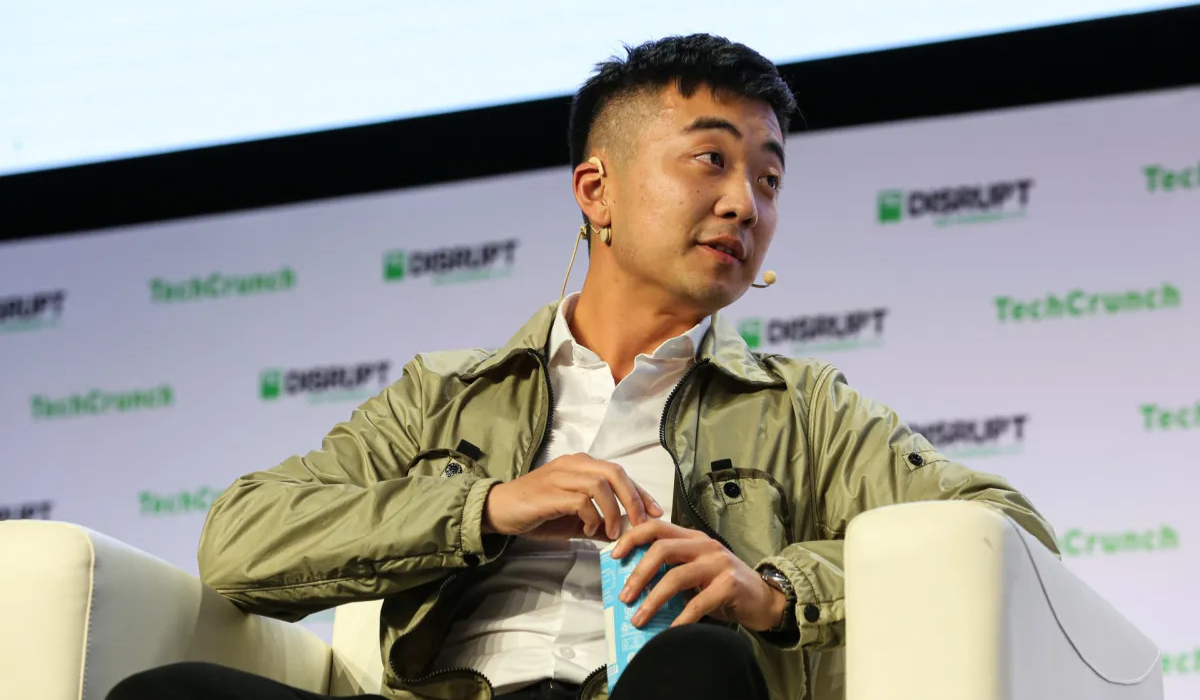At TechCrunch Disrupt 2024, Carl Pei, founder and CEO of Nothing, revealed his company’s ambitious plans to build its own mobile operating system. The move could position Nothing as a major player, challenging the near duopoly of Google’s Android and Apple’s iOS. Yet, the decision brings significant hurdles as Pei and his team aim to redefine user experience through AI integration, while sidestepping the “pain points” associated with existing platforms. Here are three of the biggest challenges Nothing would face in bringing a new OS to market.

1. Overcoming the Google-Apple Stronghold
The smartphone market’s OS landscape has been firmly dominated by Google and Apple, with Android and iOS claiming close to 100% of market share. Breaking into this environment is notoriously challenging, as seen in Huawei’s attempts with its Harmony OS. Even with substantial resources, Huawei’s OS has struggled to capture significant traction beyond China due to the difficulty of attracting developers, applications, and, ultimately, users.
Pei himself acknowledged the challenging market reality, emphasizing that Nothing will focus on improving user experience rather than building the underlying tech stack. This would mean building a compelling ecosystem of apps and integrations while not straying too far from familiar user experiences to ensure people are comfortable with the new OS. “These computers, smartphones, and devices have so much information on us…but they don’t leverage it to make the experience better,” said Pei, outlining his vision to disrupt the user experience in a way existing giants have not managed to do Attracting Developers and Building an Ecosystem
For any new OS to thrive, it must attract a base of loyal developers willing to create applications for the platform. Without a strong ecosystem, even the most innovative OS struggles to retain users. Android and iOS not only have established ecosystems but also enjoy extensive developer resources and tools, making it costly for developers to consider other platforms.
As TechCrunch noted, developing an OS requires long-term commitment and deep resources, not only in technical development but also in nurturing developer relationships and incentives. Nothing’s challenge will be in convincing developers that its platform is worth the investment, both in terms of profitability and creative freedom.
3g Innovation with Practicality
Carl Pei envisions a unique user experience fueled by AI, offering customization and personalization that existing platforms lack. However, AI advancements can be resource-intensive, and Nothing’s OS would need to balance innovation with the practicality of daily use. Pei emphasized that AI is simply a “tool,” and its application should align with creating a product that delivers high user satisfaction. “In the absence of that, it’s just not going to work,” Pei stated, highlighting the critical need to balance novel features with reliability .
Nothing’s OS will need to handle the complex issue of device interoperability. Competing with Google and Apple, which offer tightly integrated ecosystems of devices, could mean that Nothing must eventually expand beyond smartphones to offer similar cross-device compatibility, adding more layers of complexity to an already daunting project.
Despite these challenges, Nothing’s ambition to create its own OS could inject much-needed competition into a stagnant market. With a focus on user experience and the potential for software revenue, Pei’s vision reflects a growing trend among tech companies to carve out independence from the industry’s giants. While it’s an uphill battle, Nothing’s potential OS could pave the way for a new era of personalized, user-centric technology—if it can overcome the formidable obstacles ahead.















